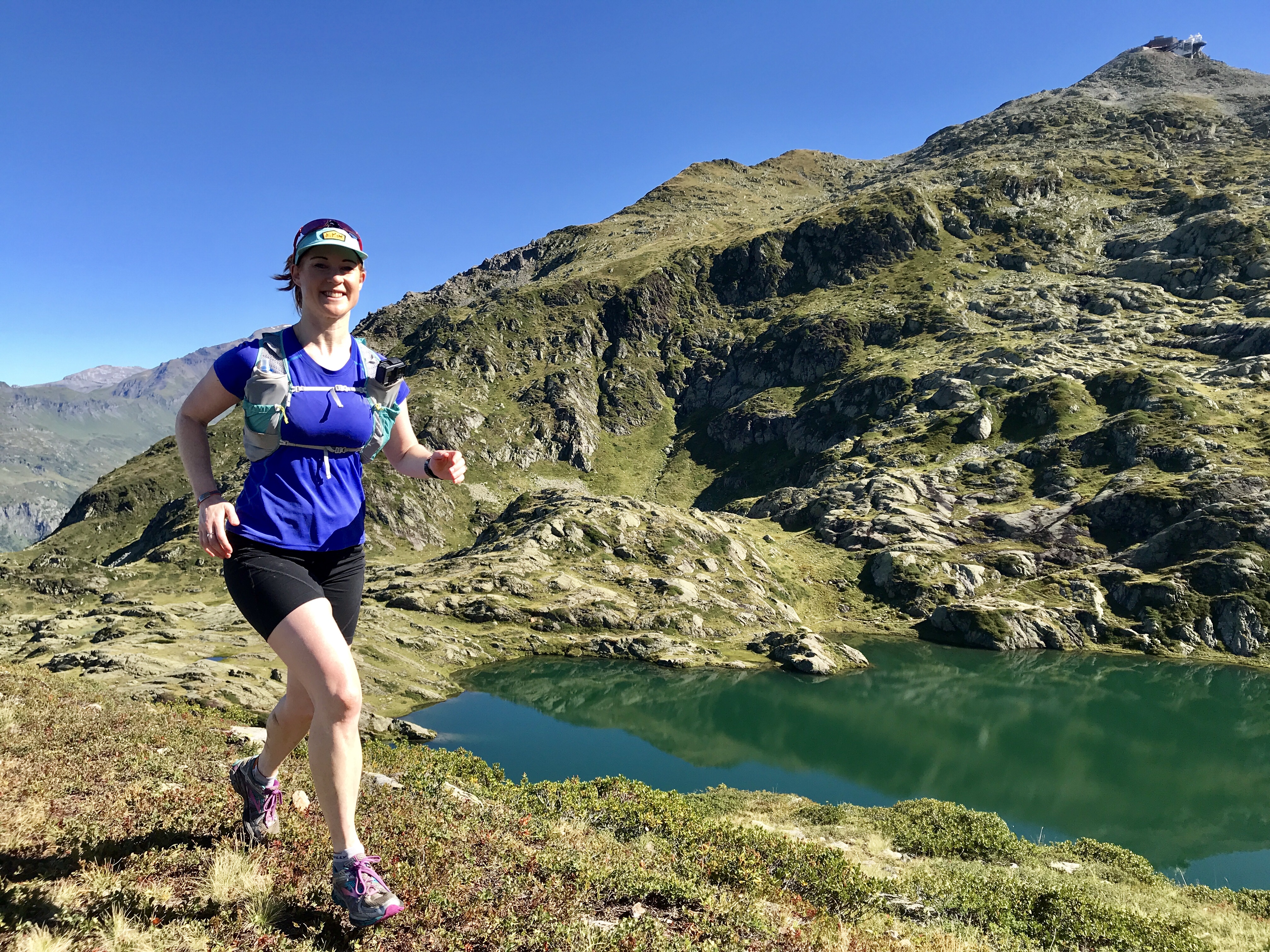Running vs jogging: is there a difference?
We enter the age-old running vs jogging debate to work out which is which?

All the latest inspiration, tips and guides to help you plan your next Advnture!
You are now subscribed
Your newsletter sign-up was successful
When it comes to running vs jogging, are running and jogging interchangeable or do you risk offending a runner if you call them a jogger? And more importantly, which title do you feel most comfortable with?
We’ve heard of so many instances where people who class themselves as runners have become offended by non-runners calling them joggers, and vice versa there are plenty of joggers out there who don’t class themselves as runners at all. So what are the differences really, does it even matter – after all, we all wear running shoes, right? – and which one is right for you and your friends?
Running vs jogging: which is which?

Quite simply, running is putting one foot in front of the other in a faster than walking type of way. The dictionary definition is “to go quickly by moving the legs more rapidly than at a walk, and in such a manner that for an instant in each step all or both feet are off the ground.” Jogging is quite simply the slow version of running, defined as, “a form of trotting or running at a slow or leisurely pace.”
The slower pace of jogging is why people who define themselves as keen runners, training hard, sweating buckets and putting in the work, can feel offended if someone thinks they were just out jogging. This is because running faster than jogging pace requires a higher level of fitness and dedication to achieve this kind of intensity, using up more calories and demanding more from the heart, lungs and muscles. They feel they are working hard, and this should be recognised with the word running rather than jogging.
Who’s a runner and who’s a jogger?

Apart from the fact that speed is all relative, the slightly confusing part is that all faster runners need to do some slower paced runs (ie jogging!) in order to recover and progress effectively. As a fast runner, you can’t beast yourself at every single session or you’ll end up overtraining and ironically, becoming worn out and slower!
So if you’re a fast runner out doing a nice steady recovery jog, should you quickly notify all your friends on social media to your current status as Jogger? We don’t think so. You’re just doing a slow run, aka a jog. It doesn’t matter. Whether you define yourself as a runner or a jogger is completely up to you.
What perhaps matters most is how you perceive your relationship with running. Do you feel like a runner or a jogger, or which one would you most like to be? All joggers are in fact runners (albeit slow ones) and all runners who don’t like the word jogging do have to incorporate some slower runs to avoid burn out. So everyone is both really!
All the latest inspiration, tips and guides to help you plan your next Advnture!
| Header Cell - Column 0 | Running | Jogging |
|---|---|---|
| Pace | Running at all paces depending on the aim of the session. Often run fast or can do if required. | Mainly running at a slow pace compared to faster runners. |
| Effort | Varies depending on session, but usually 1-2 sessions with harder efforts per week. | Running even slowly might be a big effort (ie fast!) for a jogger, or they might be quite fit and just prefer to run at a slow pace. |
| Racing | May take races seriously with a training plan to beat their previous PB or a great effort during the race, but equally may coast round enjoying the scenery and chatting. | May do races more for the social side and scenery, but may also have a training plan for a PB and put a lot of effort in - they just remain slower and at the back of the pack. |
| Attitude | Some runners hate being called joggers because they take their sport seriously and work hard to go faster. Other runners don’t give a monkey’s uncle what they’re called and just focus on actually running. | Some joggers hate being called runners as they perceive themselves unworthy of this title due to their slow pace. They may call themselves as plodders and shufflers for comedic effect. But as much as they deny it they are still runners, just slow ones. |
Running vs jogging: which is for you

If you’re a slow runner, you might be more comfortable calling yourself a jogger, even though you’ve every right to call yourself a runner (as long as both of those feet are off the ground at the same time!).
If you’re a moderate to fast paced runner you might enjoy being called a runner because jogging suggests that you are slow, which might insult your ego. In which case, go for a long, fast run to get over it.
The most important thing is that you just go running rather than worry about whether you’re jogging or running, or that you’re a jogger or a runner. Life’s too short!
The co-founder and former editor of Trail Running magazine, Claire now runs the YouTube channel Wild Ginger Running, creating films about trail- and ultra-running advice, inspiration, races and gear reviews. An award-winning journalist, writing for outdoor and adventure sports magazines and websites, Claire's first book, The Ultimate Trail Running Handbook (5k to 50k), is out now. Her second, The Ultimate Ultra Running Handbook (50k to 100 miles), is out Autumn 2024. Claire also speaks and presents at events and races.

